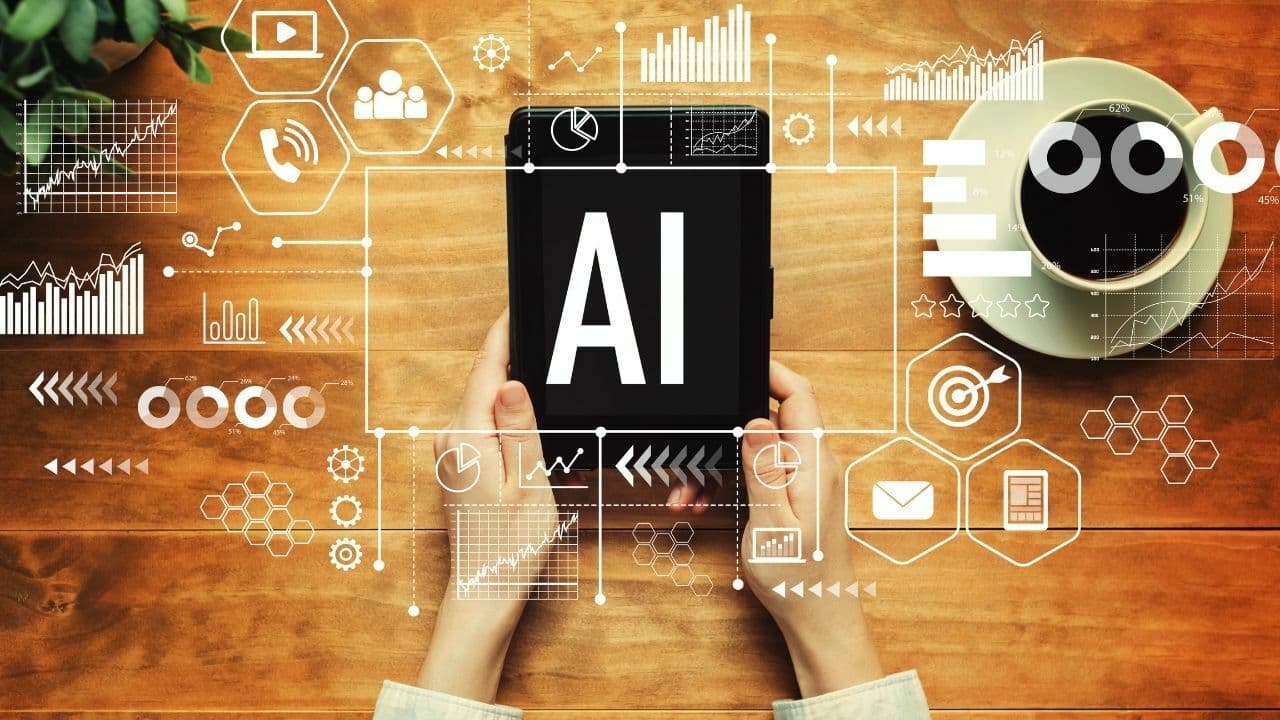Marketing strategies have evolved from traditional methods to more sophisticated and personalized approaches, thanks to the integration of artificial intelligence (AI).
AI has revolutionized how companies interact with customers, understand their needs, and predict future trends. This transformation is evident across various sectors, including tech giants like Google, innovative CRM solutions by Salesforce, and creative tools from Adobe.
These platforms leverage AI to enhance user experience and offer a glimpse into the future of marketing where personalization and efficiency are key.

Table Of Contents 👉
Personalization at Its Core
One of the primary uses of AI in marketing is to create personalized experiences for customers. By analyzing vast amounts of data, AI algorithms can predict individual preferences and suggest products or services that are most likely to appeal to each customer.
Google, for instance, uses AI to personalize search results and advertisements based on user search history and behavior, thereby increasing the relevance and effectiveness of its marketing efforts.
Similarly, online retail giants such as Amazon utilize AI to recommend products to users based on their browsing and purchasing history, significantly boosting conversion rates.
AI’s capability to tailor experiences doesn’t stop at product recommendations. Email marketing platforms like Mailchimp use AI to optimize send times and personalize email content.
It ensures messages are more likely to be opened and acted upon by recipients. This level of customization enhances customer satisfaction and loyalty, as individuals feel understood and valued by the brands they interact with.
Mapping the Customer Journey
Understanding the customer journey is essential for effective marketing. AI excels in this area by mapping out the various touch points a customer has with a brand, from initial awareness through to purchase and beyond.
This journey mapping allows marketers to identify key decision-making moments and tailor their strategies accordingly.
Salesforce, through its AI component–Einstein, provides businesses with insights into customer behavior, enabling them to deliver the right message at the right time. This strategic approach not only improves customer engagement but also increases the chances of conversion.
AI-powered chatbots and virtual assistants, like those developed by companies such as IBM with Watson, have also become invaluable tools in providing real-time, personalized customer support.
These AI solutions can guide customers through the buying process, answer queries, and even handle complaints.
Predictive Analytics in Decision-Making
Predictive analytics is another area where AI shines in the marketing domain. By analysing past consumer behaviour and market trends, AI can forecast future buying patterns and preferences.
This foresight allows companies to be proactive in their marketing efforts, targeting potential customers with precision and preparing for shifts in market dynamics.
Adobe’s Experience Platform, for example, uses AI to offer predictive insights that help marketers fine-tune their campaigns for maximum impact.
The use of AI in predictive analytics extends beyond traditional marketing industries. It also plays a crucial role in sectors like online gambling, where a casino app utilises AI to predict user preferences and elevate the gambling experience.
This example underscores AI’s versatility and its potential to transform any industry by making data-driven marketing decisions.
Related Stories:
